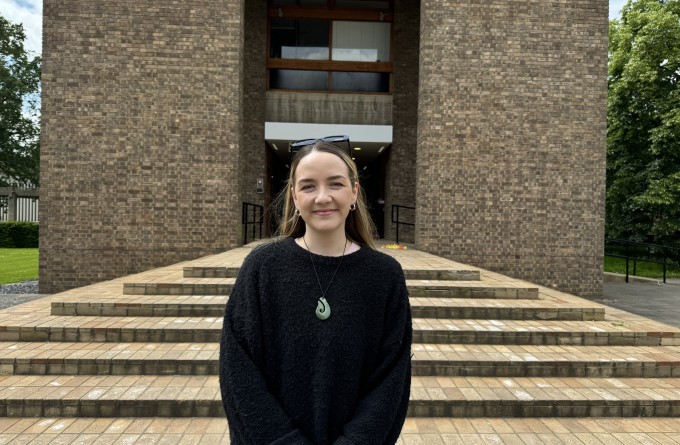Through better understanding how our immune system fights infection, we can develop more effective, longer-lasting ways to prevent, treat and cure a wide range of infectious diseases.
Our research is focused on understanding how immune cells respond to threats such as viruses, bacteria or parasites so we can identify new ways to boost the protectiveness of our immune system.
It’s the immune system’s job to recognise and remove any threat it encounters. However, many infectious or disease-causing organisms have developed clever strategies to bypass our immune system. In addition, the immune system can only respond to a threat it recognises, making it vulnerable to new infections.
Understanding how infectious agents influence, evade and modulate the human immune system to avoid detection and expulsion from the body is a key area of research at the Malaghan Institute.
COVID-19
With an established track record in immunology, vaccine design and bringing innovative new therapies to clinical trial, the Malaghan Institute has played a key role in New Zealand’s COVID-19 response and future pandemic preparedness, including developing a novel COVID-19 vaccine candidate.
Associated research groups
Related News

Winter and the immune system
23 June 2025

New research group taking aim at ageing immunity
20 June 2025

Dr Michelle Linterman: Asking the age-old question
30 April 2025

As easy as breathing: the future of vaccines
31 October 2024

Fever: too hot to handle or the body's first line of defence?
22 August 2024

Rejuvenating the ageing immune system
17 July 2024
